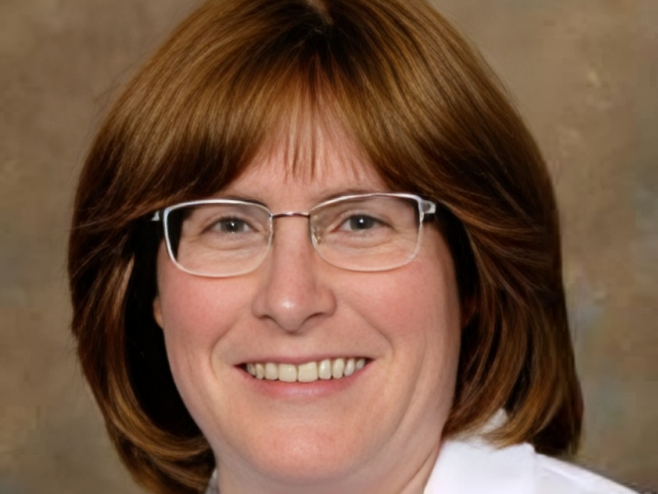Michelle Kirschner, Director of Program Development at The Cancer Survivorship Provider Network, recently posted on LinkedIn:
“I was fortunate to hear Samantha Schrager and Marielle McLeod, MHA, CPN present for the Cancer Survivorship Provider Network today and I have some thoughts about peer mentorship for oncology patients.
Throughout the years of providing care to cancer survivors, I have learned about the importance of peer mentorship. When I give recommendations as a provider it doesn’t mean nearly as much as when a person that has gone through a shared experience gives input. In addition, often times newly diagnosed cancer patients want to understand what lies ahead and to receive practical advice that only another survivor can relay.
A mentor provides a mentee with ‘EMPOWERMENT’ through knowledge, hope, and support. These relationships promote self-efficacy and social connection (one of the 6 pillars of lifestyle medicine). A mentor allows a mentee to lean on them through understanding and providing comfort and strength. The mentor also gains from the relationship by finding meaning in their experience through helping others. This is an idea that was expressed beautifully in Viktor Frankl’s ‘Man’s Search for Meaning.’
I also learned something important today. Cancer teams should be providing individuals that are starting their post-treatment survivorship with mentors. When individuals finish treatment, they move away from the close support of their cancer team along with facing unique challenges in reentering daily life. A mentor is a very important support during this difficult transition.
Based on all this information, let’s pause and ask what is high-quality cancer care? I would say that high-quality care make ensures that every newly diagnosed cancer patient is offered this vital resource. This would not happen by chance and only a coordinated system guarantees success.
Now I’m going to make a very important point. I have seen oncology providers informally pair up newly diagnosed patients with other patients that are out of treatment to serve as ‘informal mentors.’ This practice should be avoided and only programs with mentorship training and ongoing professional oversight should be used. Remember the oath to ‘Do No Harm.’ Recruiting untrained mentors can create negative consequences for mentees.
Cancer Hope Network was created so that every cancer patient could be partnered with a personalized and trained mentor. They serve a large geographic area along with 15 different languages. They also aim to make matches within 24 hours.
One additional thought about high-quality care. I would avoid just telling a patient about this resource. Cancer patients and their care partners are often overwhelmed and most likely will never follow through on your recommendation. Any cancer care team can refer directly to Cancer Hope Network and this warm handover is a great practice.
Thanks again to Cancer Hope Network for creating such an amazing resource!”
Source: Michelle Kirschner/LinkedIn


